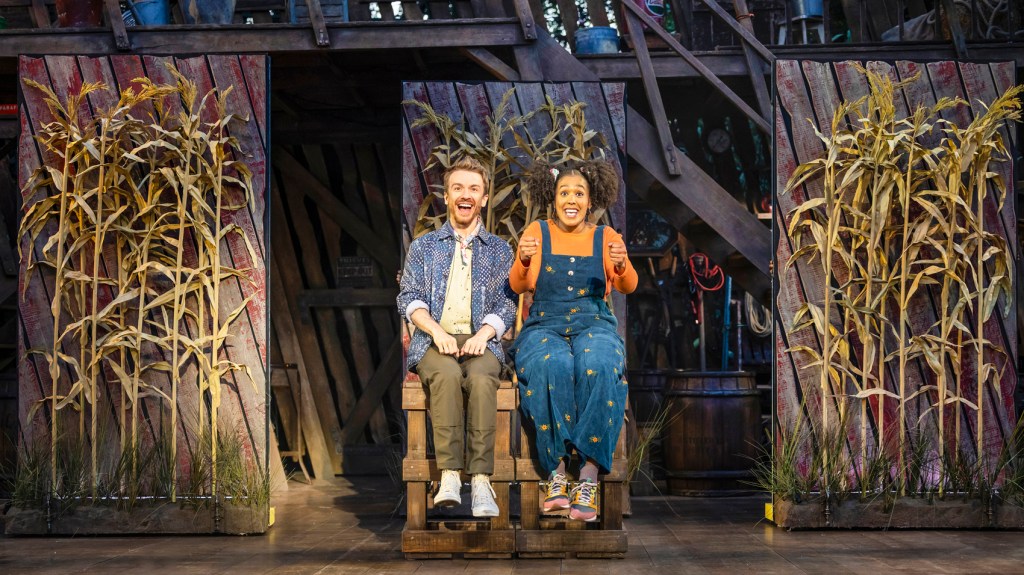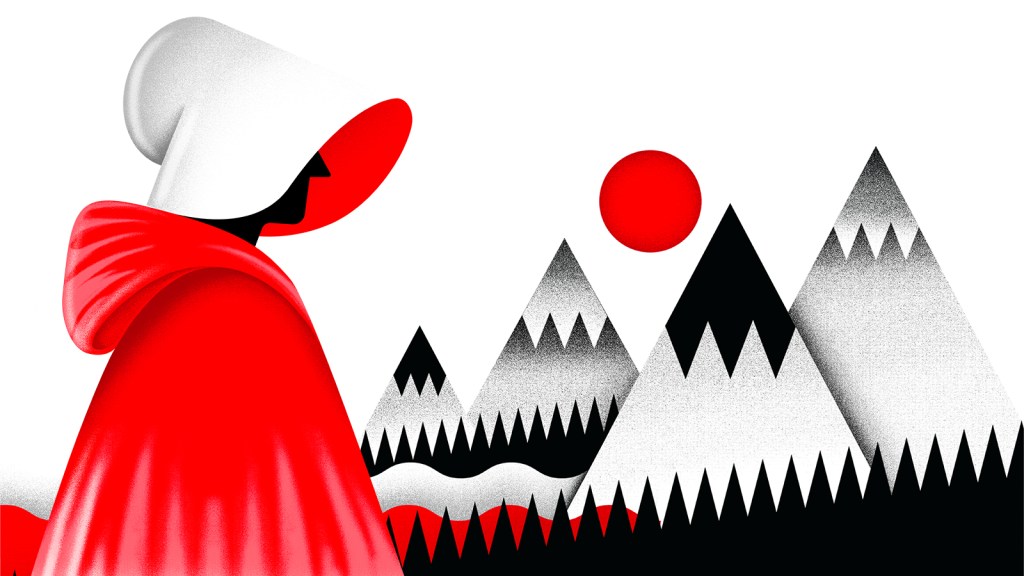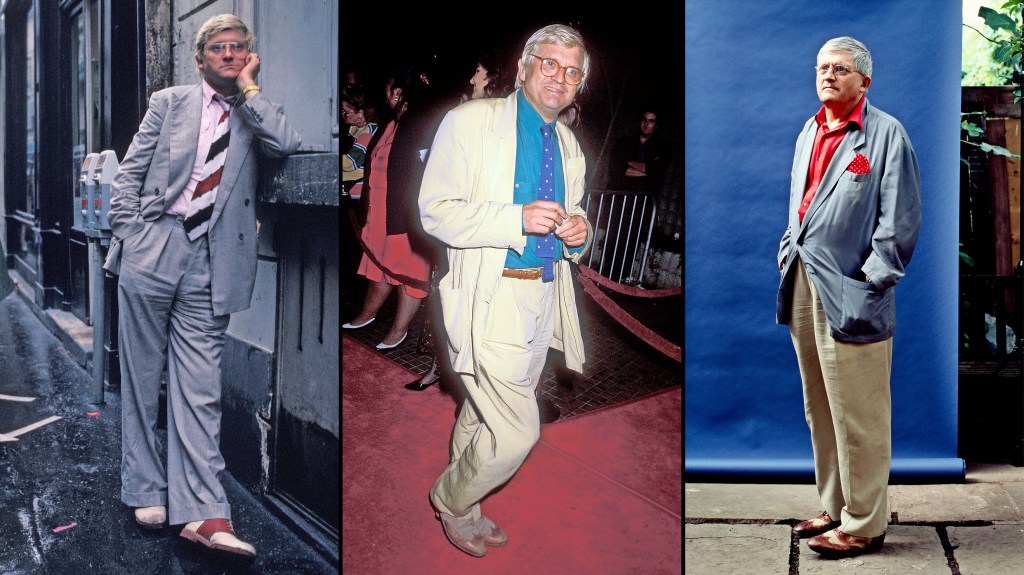This Week’s Literary Picks from Our Book Team
Each week, our book pages showcase reviews, but what do the literary team indulge in during their leisure time? Here’s a look at what we’ve been savoring on trains, sofas, and even in the bath. From soon-to-be-released titles to classics that have long evaded our reading lists, we aim to provide a curated selection of recommendations, complemented by the occasional surprise.
We invite you to share your current reads in the comments below!
It’s perhaps self-indulgent, but I have a preference for novels that prominently feature women engaged in reading and introspection, particularly those set within a university backdrop. They evoke my own university days, which I fondly remember as filled with reading and relaxing on grassy lawns (the associated heartbreaks and essay troubles faded amid memories of lukewarm white wine). One title I particularly enjoyed last year was Practice by Rosalind Brown, which follows an Oxford student over a single day as she attempts to write an essay on Shakespeare while juggling various distractions.
This year, I’m looking forward to To Rest Our Minds and Bodies by Harriet Armstrong, set to be released on June 5. The narrative centers on a young woman in her psychology degree’s final year who becomes increasingly infatuated with her neighbor Luke, a master’s student. The style is distinctive, marked by numerous uses of words like ‘somehow,’ ‘actually,’ and ‘suddenly,’ capturing the intense feelings of first-time experiences. One passage recounts, “Suddenly it was so much warmer… I became really interested in going outside wearing just T-shirts; somehow, it felt like the first time in my life I’d walked around without a coat and felt the air on my bare skin. That feeling actually felt new to me.”

If you’re drawn to reflections on youth intertwined with touches of regret, Dream State could be an excellent choice. I read this expansive novel with a pen at hand, marking quotes I found striking on nearly every page. This is Eric Puchner’s second novel, and it’s been selected for Oprah’s book club. The story begins in 2004, with young Cece planning her wedding to Charlie at his family’s Montana home. As Charlie hopes for Cece to bond with his somewhat tragic best friend Garrett, their relationship evolves, leading to decisions with repercussions spanning half a century. This book offers a compelling family saga underscored by Puchner’s sharp wit.
Robbie Millen, Literary Editor
Barbara Demick, recipient of the Samuel Johnson prize in 2010 for her remarkable work Nothing to Envy about everyday lives in North Korea, has released another captivating book titled Daughters of the Bamboo Grove, also out on June 5. This narrative delves into China’s harsh one-child policy, focusing on the harrowing tale of how children were abducted by Communist Party officials and sold to westerners via adoption agencies. By centering on a pair of twins—one adopted by a family in Texas and the other remaining in China—the book personalizes a grim historical reality filled with shocking statistics, including that 83 million people were involved in enforcing family planning policies. Demick’s storytelling sheds light on the many mothers who faced forced sterilizations and forced abortions while detailing the chilling abductions of children.

In another noteworthy non-fiction offering, Justin Marozzi presents Captives and Companions: A History of Slavery and the Slave Trade in the Islamic World, set for release by Allen Lane in July. While considerable literature exists on the transatlantic slave trade, less attention has been given to the slave trade in the Arab world, a subject equally distressing. Marozzi’s thorough research is compelling, particularly the chapter addressing the trade in eunuchs. His extensive travels across North Africa highlight the ongoing human trafficking issues in countries like Mauritania and Mali—troublingly, terror groups like Islamic State and Boko Haram exploit these practices, believing them to be justified within their interpretations of Islam.
Ceci Browning, Assistant Literary Editor
I’ve been an admirer of Joan Didion for a long time. Her book The Year of Magical Thinking left a lasting impression on me with its haunting contrast between her composed writing style and the tragedies permeating her life. It was once my favorite book (alongside her reportage on the Salvadoran civil war titled Salvador; definitely worth reading for those interested in politics). Recently, I read what can be referred to as her latest release, Notes to John. This posthumous collection of reflections from her therapy sessions felt intrusive, with various insights about Didion’s life, yet John Self aptly conveyed that it’s “frequently boring.”

While visiting Cambridge with my boyfriend, I intended to pick up a copy of Ernest Hemingway’s Men Without Women. However, he persuaded me to purchase The Old Man and the Sea, a classic I had shamefully overlooked. Released in 1952, this novel portrays an elderly fisherman named Santiago who has gone an astounding 84 days without catching a fish. One day he sets sail without his usual companion, capturing an enormous marlin he must struggle to reel in. This story transcends the themes of fishing, highlighting human resilience and strength. I’ve already found myself eager to reread it soon.
Johanna Thomas-Corr, Chief Literary Critic
When making bold statements about a writer’s talents, there’s always a slight fear of eventual regret. In 2022, I praised Benjamin Wood’s fourth novel, The Young Accomplice, calling him the British literary scene’s “best kept secret.” With his upcoming work, Seascraper, releasing on July 17, I experienced some nerves. The 163-page story follows a young shrimp scraper and aspiring folk musician navigating life in a quiet coastal town, which initially seemed potentially dull. Yet, if an exceptional novelist can make seemingly mundane subjects captivating—like fishing regulations or shellfish—Wood certainly fits this category.
He opens strong, packing profound poetry into his introduction. My 11-year-old son was instantly captivated by the opening: “Thomas Flett relies upon the ebb tide for a living, but he knows the end is near. One day soon, there’ll hardly be a morsel left for him to scrounge up from the beach that can’t be gotten by quicker means at half the price.” That first line is a gateway into the narrative.

Switching gears, Elizabeth Day has her sixth novel on the horizon, and it promises to be an engaging read combining elements of revenge and humor. One of Us (set for September 25) revolves around the Fitzmaurice family, particularly Ben, a candidate for prime minister. But tension arises as Martin, his former friend aware of Ben’s secrets, has been receiving hush money from the family. Collected through multiple perspectives, the narrative paints an intriguing portrait of privilege, with Martin’s self-description as “a hall of mirrors in human form” being one of the highlights so far.
What literary works are you currently immersed in? Share your thoughts in the comments below.




Post Comment